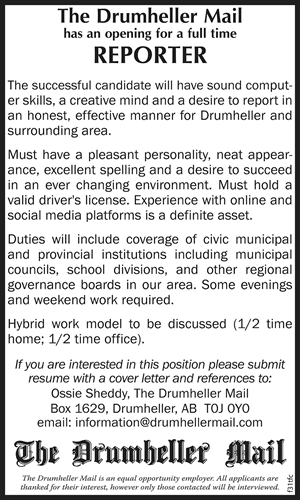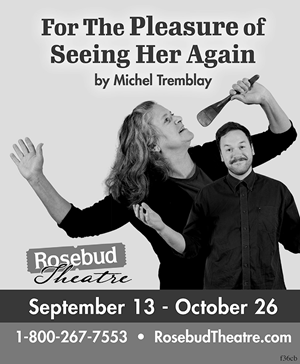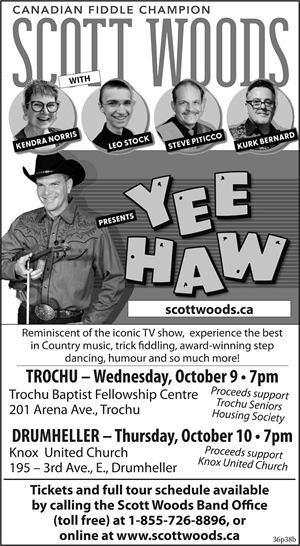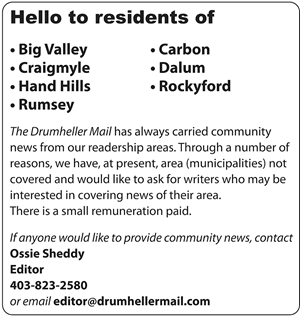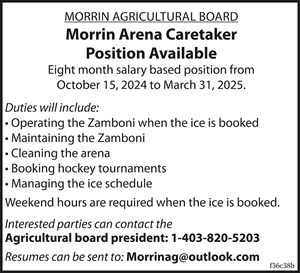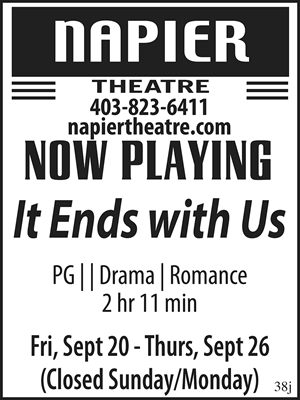 Mayor Terry Yemen has returned home from an eye opening experience in the Ukraine where he served as an independent observer for the country’s election.
Mayor Terry Yemen has returned home from an eye opening experience in the Ukraine where he served as an independent observer for the country’s election.
Yemen was part of a group of about 500 from Canada who went to the eastern European country during their election.
He trained in Ottawa before heading overseas for about 10 days. The group was greeted and applauded by Prime Minister Steven Harper before they left on the mission.
“The bonds of friendship between Canada and Ukraine are strong and deep, and we are proud to support Ukrainians in their aspirations for a peaceful, democratic and prosperous society,” said the Prime Minister. “On behalf of all Canadians, I would like to commend participants in this electoral observer mission and thank Senator Andreychuk for accepting this important role.”
It was an eye opening experience for Yemen. He has not travelled much and most often it was to holiday destinations. His time in the Ukraine was not in such an area.
“There were some beautiful areas in the Ukraine, but the areas we were sent to were not,” said Yemen.
The area he was deployed to was a community on the eastern border near Russia where coal mining was once the industry during the time of the Soviet Union. Today there is hardly any work for the residents and many live in simple precast concrete block housing that was put in place for the workers.
“Economically there was nothing there for the people,” he said.
On the ground he was part of a four-person team, which included a second observer, who is a school teacher from Edmonton, and their guide and interpreter. Their role was as independent observers of the election. Often they were mistaken for international observers, who had a little more sway, but their role was to simply watch the process.
They would go from polling station to poling station and would complete surveys before, during and after the election, asking if workers understood the process. During the election they would observe the process and watch for possible irregularities. At the end of the election they were to go to a polling station and observe its closing.
During his time in the country he did spend some time in Kiev and says it was a beautiful city. He also saw first hand the breadbasket of Europe, however where he acted as observer, the accommodations were basic. When their election responsibilities were finished they travelled by train back to the capital, and it was uncomfortable to say the least.
While he was on the ground he found the experience out of his comfort zone, but in hindsight he recognizes the importance of his role in assuring democracy in a county that has been independent for just over two decades.
He said in some cases the electorate felt their vote didn’t matter, and in other cases he saw people bringing their children to the polls to show the importance of voting. About 60 per cent of the electorate voted.
“The groundwork is there, but it is going to take some time,” he said.

 In his heyday he had some fast fists, and he was back through the valley this fall.
In his heyday he had some fast fists, and he was back through the valley this fall.  “That’s how I started boxing,” he said.
“That’s how I started boxing,” he said. Canadians across the nation will soon pay tribute to the valiant men and women who have given their lives in service of our country and freedom.
Canadians across the nation will soon pay tribute to the valiant men and women who have given their lives in service of our country and freedom.
